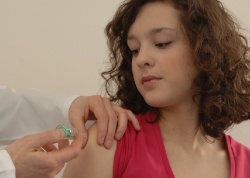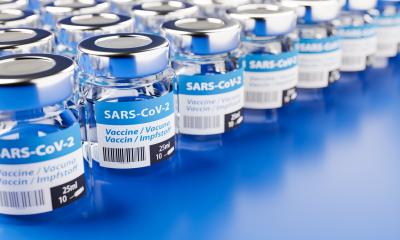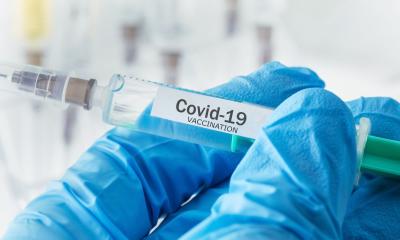World Cancer Day 2010
"Cancer can be prevented too" is the theme of a new campaign being launched today in the lead up to World Cancer Day on 4th February, by the International Union Against Cancer (UICC). The campaign is backed by a new scientific report: 'Protection against cancer causing infections' which focuses on the nine infections that can lead to cancer.


"Of the 12 million people who are diagnosed with cancer each year around 20% of cases can be attributed to viral and bacterial infections that either directly cause or increase the risk of cancer," said Professor David Hill, UICC President. "For this reason the UICC, with over 300 member organizations in more than 100 countries will focus this year's World Cancer Day campaign on increasing awareness of the contribution of infections to the global cancer burden."
Cancers caused by viral or bacterial infections can be prevented through strategies such as vaccination and by adopting lifestyle changes, safe behaviours and other control measures, all of which could be implemented worldwide.
Dramatic developments have recently taken place with a second vaccine now available that is effective at preventing cancer: the HPV vaccine which protects against the human papillomavirus that can lead to cervical cancer, the third highest cause of death by cancer in women. The very first vaccine protects against the hepatitis B virus which can lead to liver cancer - the third highest cause of death by cancer in men.
Despite the existence of these preventative measures, there is a clear disparity between low- and high-income countries in incidence rates of cancer related to infections (26% vs 8%), access to prevention programmes and also treatment and care. For example, 80% of global cervical cancer deaths are in developing countries, and even where affordable technology is available, enormous challenges remain due to limitations in disease awareness and public health infrastructures, illustrated by the significant differences in the coverage of hepatitis B vaccination programmes worldwide.
"The possibilities offered by prevention calls for increased awareness of how some infections can lead to cancer," said Cary Adams, CEO of UICC. "Policy-makers around the world have the opportunity and obligation to use these vaccines to save people's lives and educate their communities towards lifestyle choices and control measures that reduce their risk of cancer."
Protecting against cancer-causing infections is one of the topics addressed under the umbrella of the 'Cancer can be prevented too' campaign. The campaign aims to raise awareness of the fact that the risk of developing cancer can potentially be reduced by up to 40% through simple lifestyle changes and other control measures such as vaccination, regular physical activity, eating healthily, limiting alcohol consumption, reducing sun exposure and avoiding tobacco. "Comprehensive and coordinated national initiatives that focus on key risk factors are required to realise the full preventive potential of cancer." said Dr Ala Alwan, Assistant Director-General of WHO. The worldwide campaign is supported by a provocative digital campaign focusing on these six main lifestyle changes and control measures.
03.02.2010





